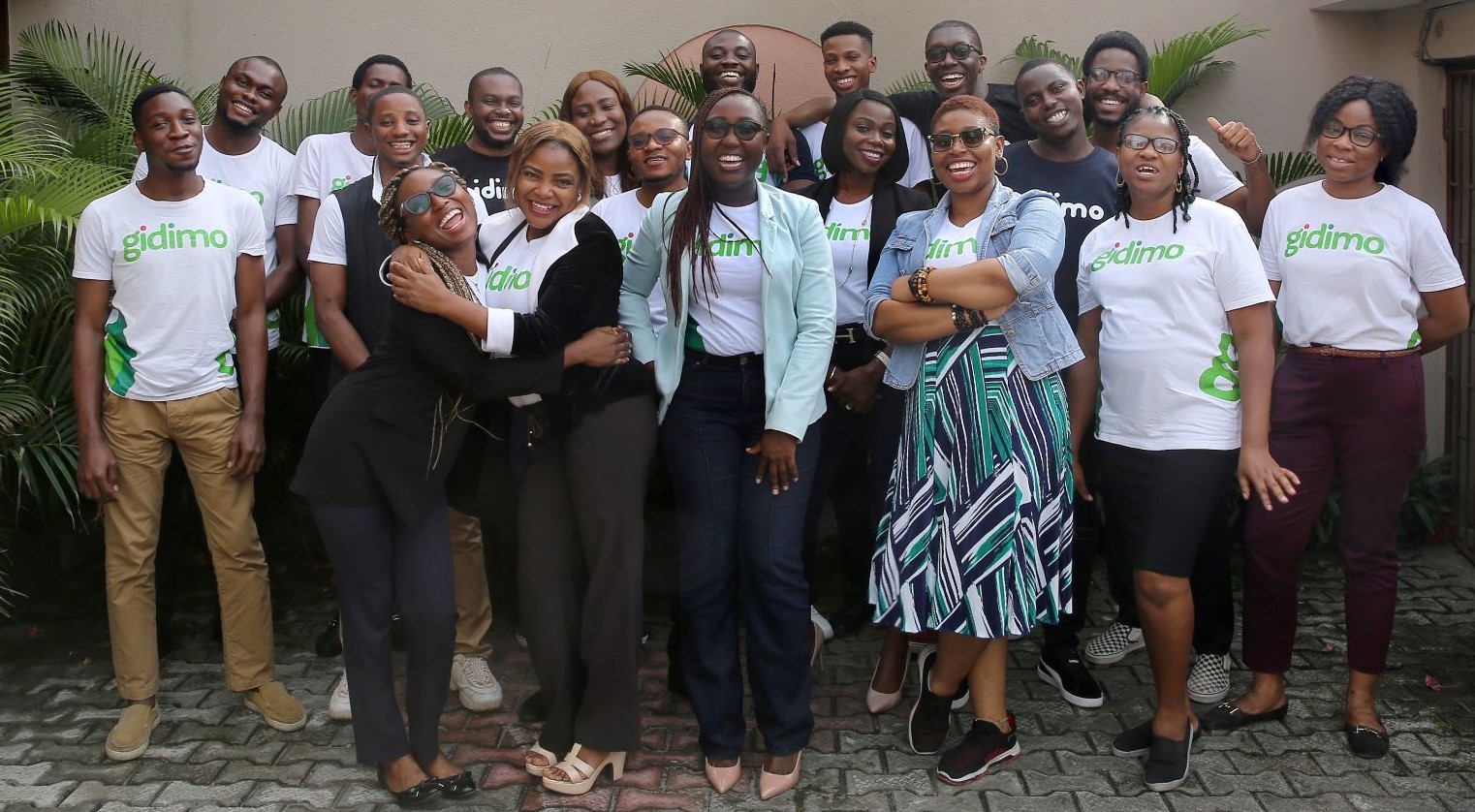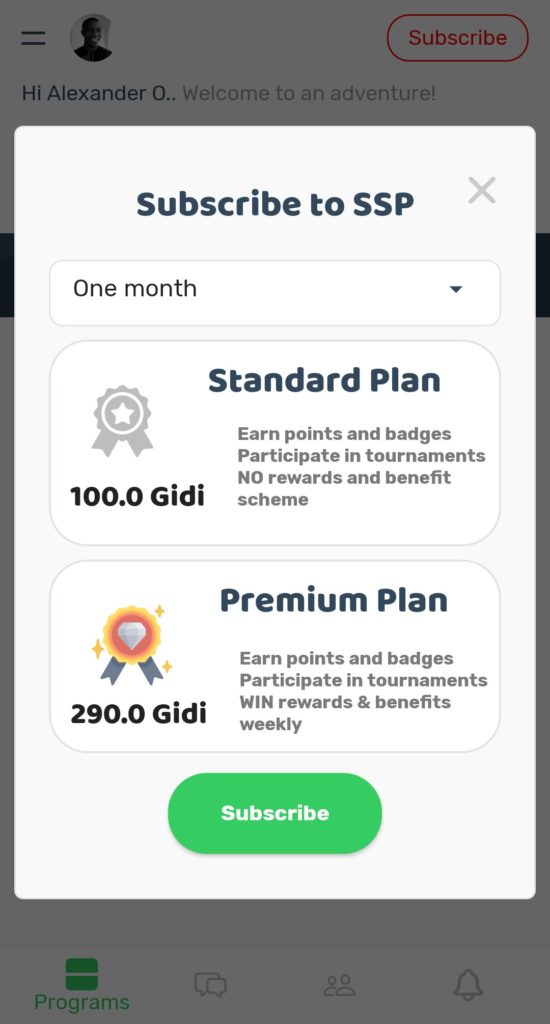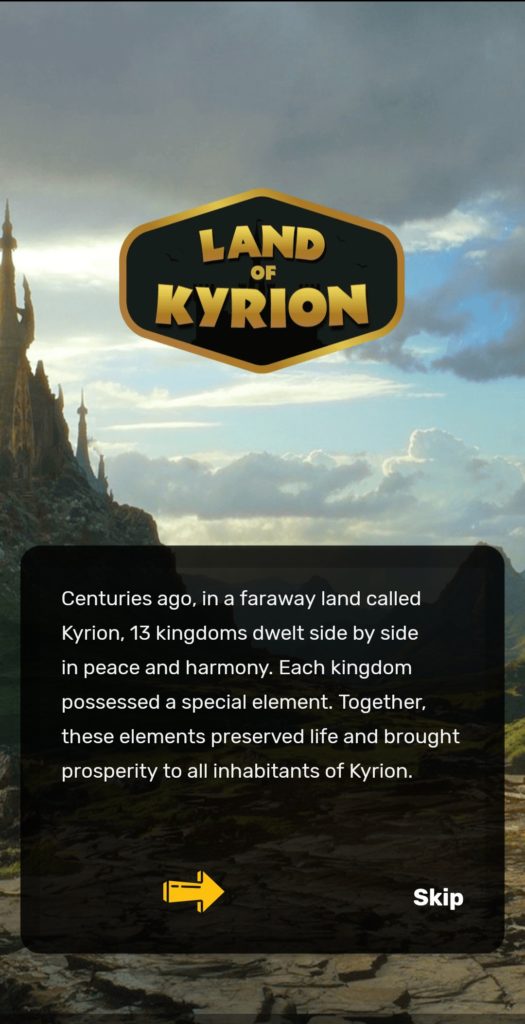Nigeria is not a choice destination for quality education if you were to judge by international higher education rankings. Teachers and policymakers are operationally limited by a dubious history of funding, among other factors. As a consequence, when you discuss ‘education’ with a Nigeria-educated Nigerian, the conversation does not usually reflect a stock of pleasurable memories.
But for today’s learners, “we want them to rediscover education and learning in a new way,” Tunji Adegbesan, Gidi Mobile’s founder, tells me.
Founded in 2012, Gidi Mobile is an e-learning platform that builds educational and career-development content for a variety of users. As against being another edtech app, Adegbesan describes the company as a mobile learning platform bearing various learning programmes.
The company’s main product is a mobile platform called gidimo. After three years of iteration, they launched “The Land of Kyrion” last week as the newest version of its Senior School Program (SSP). The gidimo app is available for download on Play Store in Nigeria and Ghana.
With a subscription, a user can access 53,300 questions based on the West African Examination Council’s standard syllabus for senior secondary schools. gidimo covers 492 topic summaries in 14 subjects through 53,000 detailed explanations.
For Adegbesan, patience, passion and focus have been crucial in actualizing the SSP. The building process started at least eight years ago but challenges in securing funding prevented Gidi Mobile’s ability to build as quickly as he would have liked. Investors would acknowledge the project’s value but demand certain capital-intensive milestones be first achieved before offering an investment.
“We were stuck in a valley where it wasn’t easy to raise financing, so you have to bootstrap,” he says. There’s been more encouragement recently, enough to not truncate the new launch and the successful take-off of other simmering ideas.
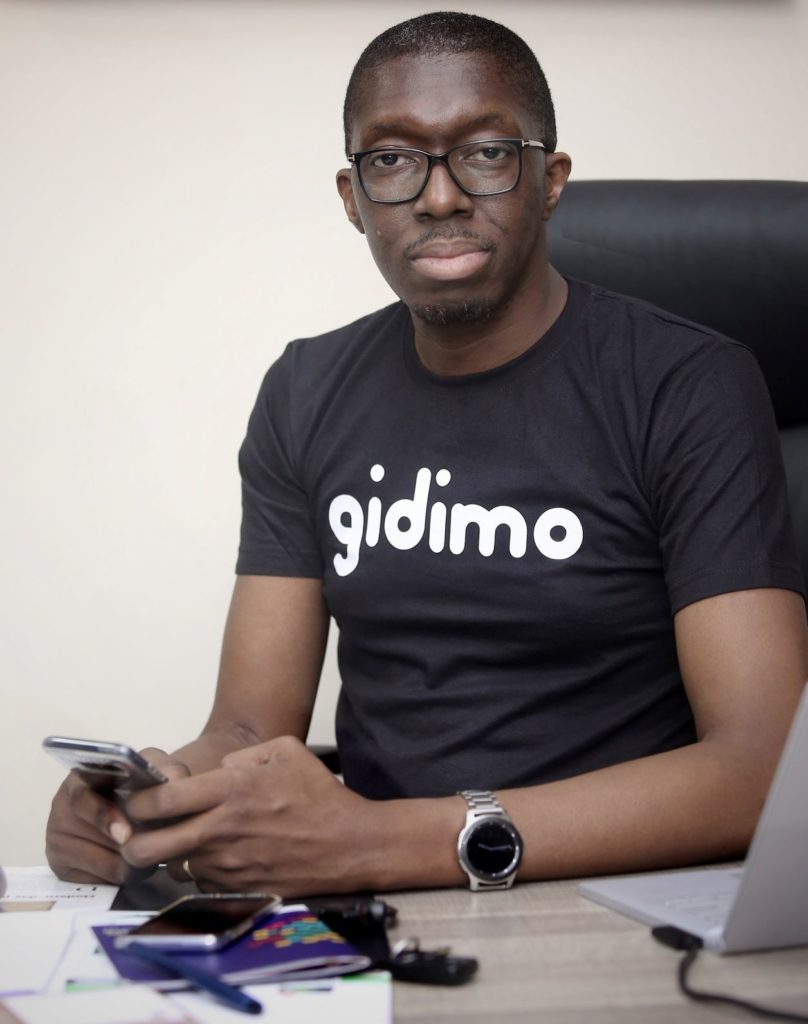
In 2017, Google came through with a $1 million grant. It was aimed at expanding access to gidimo for people in low-income localities who couldn’t afford it. The startup raised an undisclosed sum towards the end of 2019, according to Adegbesan.
Plans are in place to commence international operations, though a coronavirus-enabled recession may slow the pace at which that occurs.
In the meantime, a suite of lessons for junior secondary students is scheduled to go live in April. A programme to empower 35,000 vulnerable girls across Nigeria will also be available in the coming weeks.
Education being a multi-disciplinary terrain to play in, expertise is a core driver of Gidi Mobile’s approach to product development. Adegbesan has a degree in Electrical & Electronics Engineering (University of Nigeria) and a PhD in Strategic Management (IESE Business School), and leads a team of 19 in Lagos that includes developers and content creators.
They craft the “high engagement, high fidelity” process the company aspires to infuse into every product; high engagement to retain the learner’s attention, high fidelity to deliver the expected learning outcomes.
Gidi Mobile will roll out learning programmes for small business owners and undergraduates in the coming months. The new products may or may not be on the gidimo app, depending on what the market/users want, Adegbesan tells me.
The SSP will probably be what most people identify Gidi Mobile with in the long run. However, they offer white-label private customised services to organisations. A bank could, for example, ask the company to create customer relations training for its staff. Participants log in with company details and access learning content tailored to their strengths.
As most tech startups do these days, Gidi Mobile’s vision board looks beyond the opportunity in Nigeria and Africa. While Africa spurs and defines its product development and operations, Adegbesan estimates that India will be its biggest source of paying customers by the end of 2021. Bangladesh and Pakistan are other exciting destinations.
“I don’t think there’s any tech sector that is as big as learning,” Adegbesan says. “We are targeting the 2 billion people below the age of 25 in the global south.”
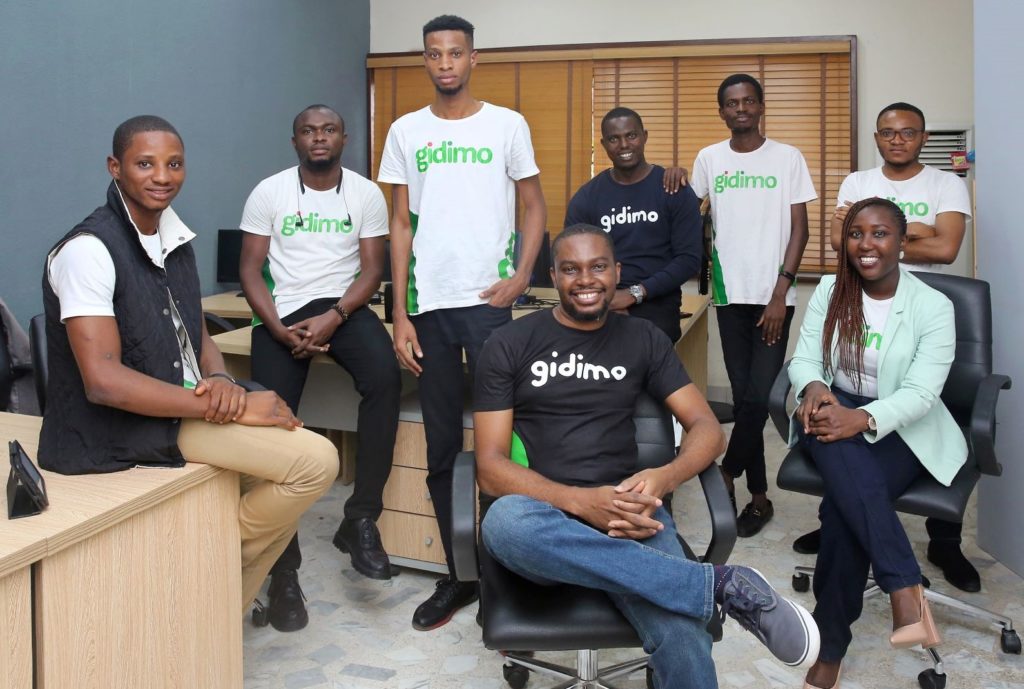
gidimo has 250,000 users over three years on a mix of paid and free programmes. The paid programmes were the corporate white-label programmes, while the secondary school programmes were largely free to access.
With a full pivot to a payment model, they want to hit half-a-million users by the end of 2020. The prevailing pandemic necessitated a reluctant revision of an initial plan to add 500,000 users.
However, Adegbesan will not revise Gidi Mobile’s vision for its e-learning app to be as valuable to students as the Mathset, the ubiquitous toolbox you rank highly on the (short) list of favorite things about schooling in Nigeria – especially if you didn’t lose your protractor and compass.
He also wants to give students unforgettable travel memories: On April 12, a competition begins on the gidimo app for ten ‘Grandmasters’. They will participate in a ‘Grandmasters World Tour’ to 3 Ivy League schools this August, if COVID-19 permits.
[Read: How Gradely is solving the problem of a ‘blank slate’ for teachers]









